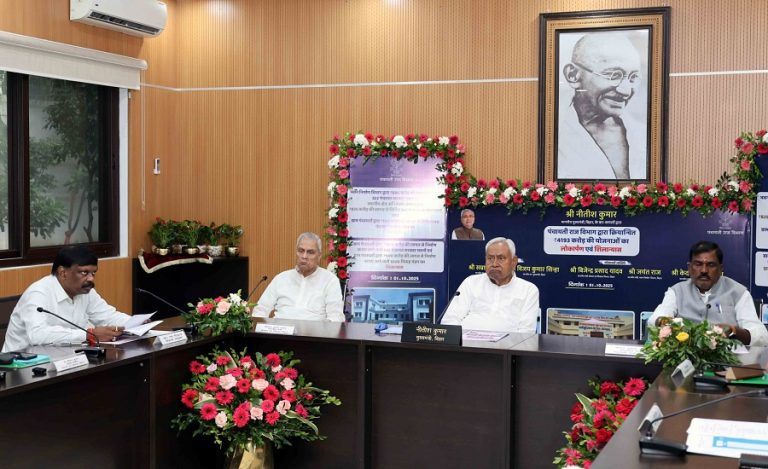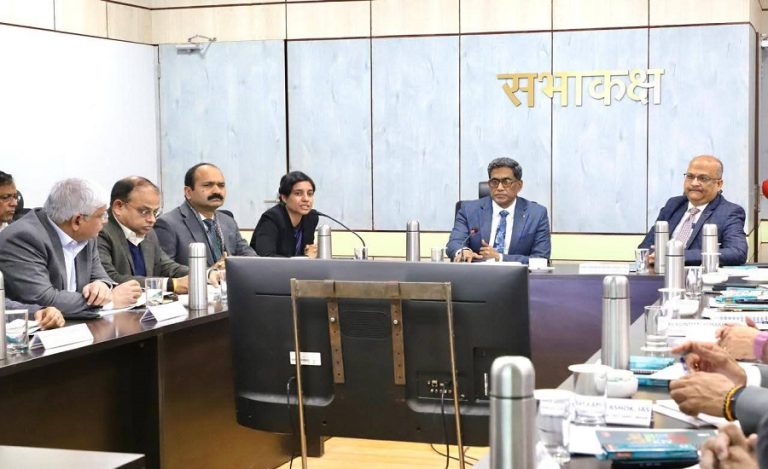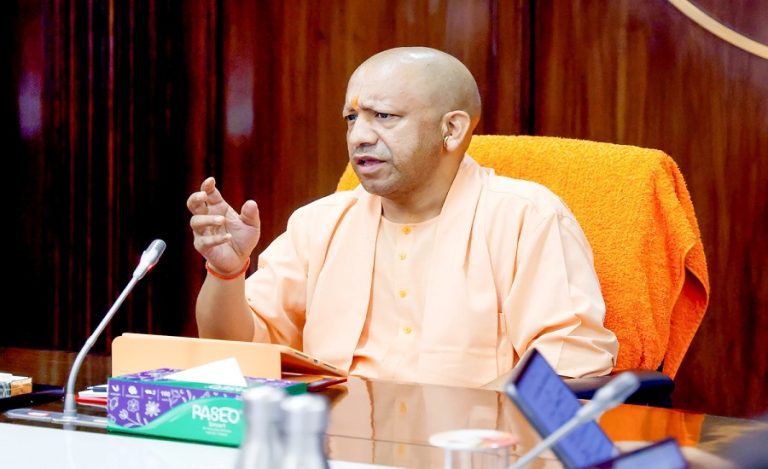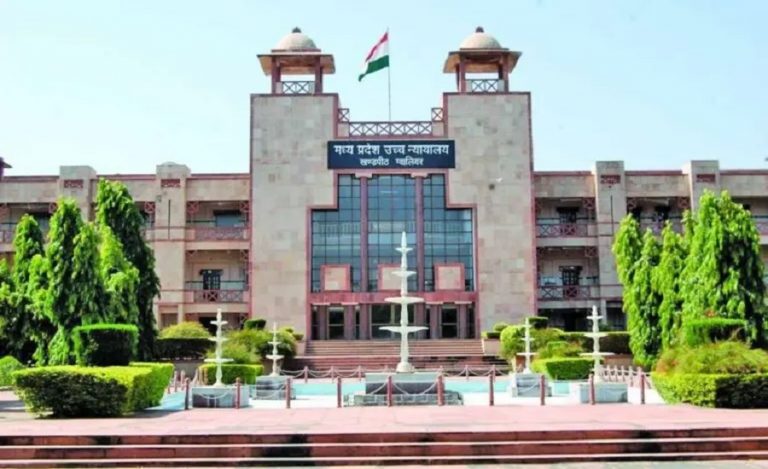New Delhi: A petition has been filed in the Supreme Court of India, challenging the BJP government in Tripura for its failure to appoint a permanent Director General of Police (DGP) in accordance with the court’s directives. The plea, filed on the grounds of non-compliance with the Supreme Court’s ruling in the Prakash Singh case, highlights the state’s negligence in following the proper process for DGP selection, which mandates recommendations from the Union Public Service Commission (UPSC).
The petition argues that the Tripura government is legally obligated to adhere to the Supreme Court’s ruling, which established clear procedures for the appointment of a permanent DGP. The DGP, the petition emphasizes, plays an integral role in maintaining law and order, ensuring public safety, and overseeing police operations.
The petition further underlines the serious implications of not having a permanent police chief, especially in a state like Tripura that shares a vast border with Bangladesh. Given the rising security challenges, including infiltration, smuggling, and law-and-order issues, the absence of a permanent DGP has left the state vulnerable to growing threats. The petition also raises concerns about the political instability in neighboring Bangladesh, which has heightened the security risks in the border region.
In light of these pressing concerns, the plea stresses the need for an independent and accountable police force, free from political interference. The petition warns that the failure to appoint a permanent DGP in Tripura undermines the state’s ability to address critical issues like illegal migration, drug trafficking, and crimes against women and children, all of which are major challenges in the region.
Despite clear directions from the Supreme Court, the Tripura government has not taken any concrete action to comply with the ruling, the petition asserts. The matter now awaits the Supreme Court’s review, which could have significant implications for police governance in Tripura and similar border states.




























